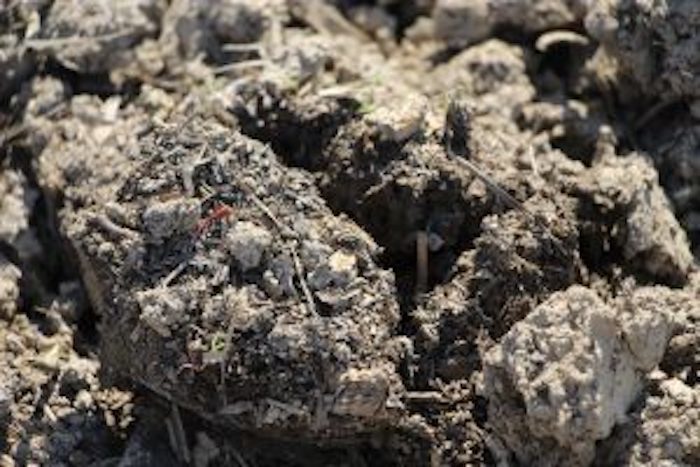Soil bio-inoculants, aka products featuring microbes or fungi, can seem like an intimidating subject, full of long latin words describing organisms that are invisible to the naked eye. Scientists are still in the early stages of understanding the complex interactions of life below ground, a fact soil scientist James Hoorman of Hoorman Soil Health Services acknowledges, despite having studied soil and soil microbes for years while working for Ohio State University Extension and the NRCS.
Hoorman recently wrote a helpful article covering some common soil bio-inoculants for Ohio’s Country Journal. This excerpt serves as an introduction — be sure to click through to read the entire piece.
Soil inoculants
By Jim Hoorman, Hoorman Soil Health Services
As planting season starts, some farmers are applying soil bio-inoculants to promote improved plant growth. Dr. Jay Johnson (retired), former OSU fertility specialist, touted inoculating soybeans with Rhizobium bacteria yearly to increase soybeans yields 1-2 bushels. The Rhizobium bacteria increased nitrogen in soybean nodules which improved crop yields. Today, many farmers are experimenting with soil bio-inoculants with variable results. Evaluating and using soil inoculants requires some careful management to be successful.
Underneath a single footprint exists more soil microbes than humans in the world! Soil microbes and plant roots evolved together, feeding each other, and require certain environmental conditions to flourish. Most beneficial soil microbes and plants require well aerated soils with high levels of soil organic matter (SOM). Farmers converting from conventional tillage systems to no-till generally get the most benefit from soil bio-inoculants. Conventional tilled soils may be too wet, lack enough oxygen or be low in SOM to support the soil microbes long-term. Long-term no-till soils may benefit from inoculation but if cover crops have been used regularly, it may not be needed. Once the soil heals itself, most beneficial microbes will come back. Generally, once farmers get the right soil conditions, soil bio-inoculants are only needed for 1-3 years because they reproduce quite rapidly. CLICK HERE TO READ MORE.







